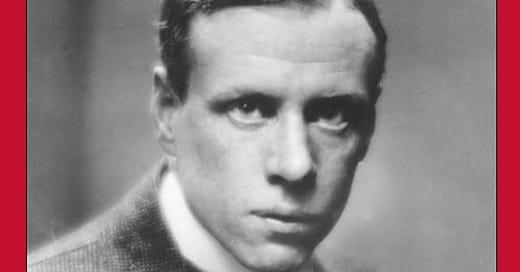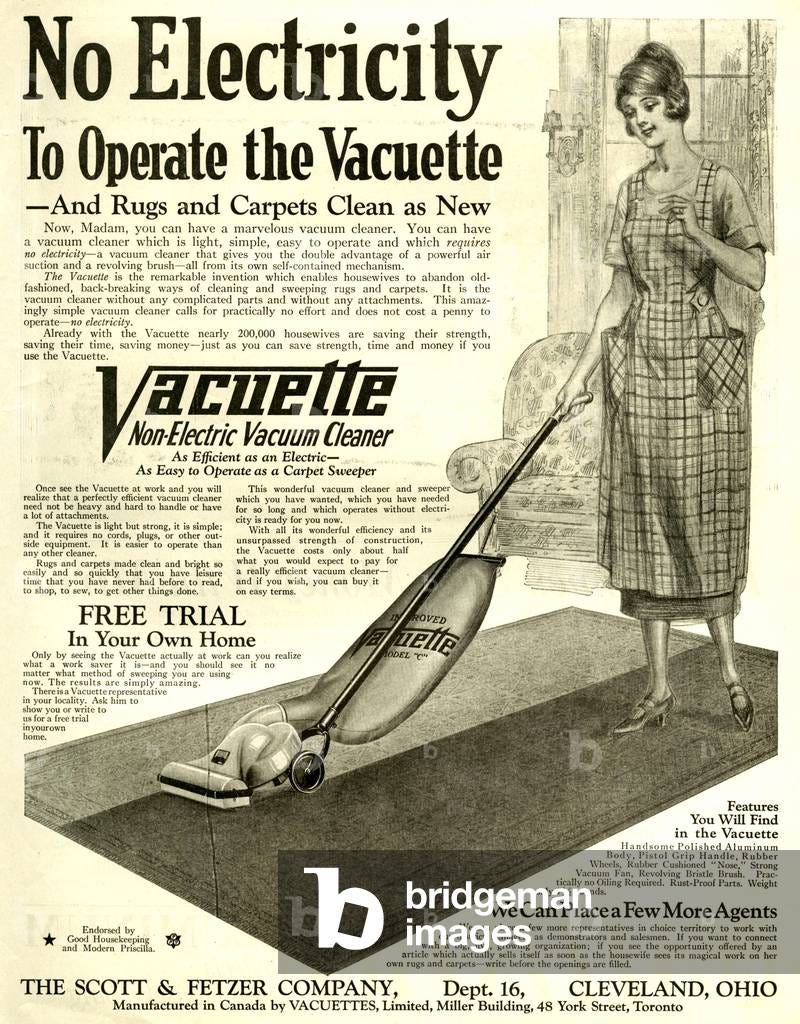Book Review of ‘Babbitt’ by Sinclair Lewis
Keeping Up With the Joneses From the 1920s to the 2020s
Reputation, consumerism, conformity, and an incessant longing to get away – or at the very least, to stay in bed just five minutes longer; Though it was released over 100 years ago, Babbitt exposes our 21st century struggles with the stagnancy of our day-to-day, whilst still trying to look like we have it all figured out.
“All about him the city was hustling, for hustling’s sake… Among them Babbitt hustled back to his office, to sit down with nothing much to do except see that the staff looked as though they were hustling.”
Whilst he is often overshadowed by his peers Hemingway and Fitzgerald, Sinclair Lewis (1885-1951) had an exceptional influence on the interwar years in the United States. In 1930, he became the first U.S author to receive the Nobel Prize in Literature, attributing his success to writing books which “so acutely annoyed American smugness that some thousands of my fellow citizens felt they must read these scandalous documents, whether they liked them or not.”
Born in a small town in Minnesota, Harry Sinclair Lewis completed his bachelor’s at Yale. There, he published poems and short sketches in the Yale Courant and the Yale Literary Magazine.
His literary career exploded at 35 years-old with his satirical novel Main Street (1920), a comic look into small-American-town life based on his own hometown. The novel would sell millions of copies, and the use of satire to criticise the complacent and materialistic culture of middle-class America would become a trend in Lewis’ works1.
“There was but one thing wrong with the Babbitt house: It was not a home”
Two years later, he followed-up this success with Babbitt, set in the fictional Midwestern city of Zenith where every household is a carbon copy of the next. This witty look into 1910s Middle America centres on 46-year-old George F. Babbitt – middle-class realtor; lousy husband, and father of three; staple citizen of his beloved town; and Republican enthusiast (most of the time).
Babbitt is overly proud and dissatisfied with his life at all angles. He struggles to get out of bed in the morning; his house is furnished with the same gadgets found in all of Zenith's Floral Heights neighbourhood homes; he boasts of his city's flourishing greatness at every opportunity2; and he is haggard from appealing to the narrow-mindedness of his shallow social circle.
“[Babbitt] fumbled for sleep as for a drug. He who had been a boy very credulous of life was no longer greatly interested in the possible and improbable adventures of each new day. He escaped from reality till the alarm-clock rang, at seven-twenty.”
His one anchor was his equally miserable closest friend Paul Riesling, and when even that gets taken away from him, he faces “a world which, without Paul, was meaningless.” So, he rebels against the conservative politics he always promoted (insisting that he has in fact “always believed in being broad-minded and liberal”)… and he also cheats on his wife (despite previously judging Paul for doing the same).
“The independence oozed out of him as he walked the streets alone, afraid of men’s cynical eyes and the incessant hiss of whispering.”
We still care deeply about how others perceive us.
Babbitt’s character arc is incredibly compelling. He is morally complex, at once relatable and sympathetic, and yet a cowardly fool.
When we first meet him, he has spent the better part of his life conforming to the image of a man who has it all. He yearns to “quit the whole game” and be free of all responsibilities, to the point of neglecting his family duties and alienating his friends. And though he is so often detestable and easy to laugh at, what is he feeling that differs from today’s pressures to constantly present as rich, successful, and ‘aesthetic’?
“Behind the gold scarlet banner of his public achievements was the dun background of office-routine.”
It is not so difficult to imagine what someone like Babbitt may have been like in today’s age of social media flaunting and overconsumption. Surely, he too would be sharing curated snapshots of his life on Insta Stories and buy into each fashion, tech, and household object micro-trend before tossing them all out and moving on to the next. And I am almost positive he would present a casual and ‘politically correct’ disdain for whichever social issue enters the weekly trend cycle just in case he was at risk of being ‘cancelled.’
Babbitt was received with much of the same scandal and controversy as its predecessor for critiquing the homogeneity, hypocrisy, and vanity of middle-class America.
To me however, the greatest controversy of the novel is the endless braindead sequences of dinner parties and social club gatherings, most of which could have easily been cut with little consequence.
Nevertheless, he was one of the few writers of his time who dared to hold a mirror up to American society, which in his view, feared “any literature which is not a glorification of everything American, a glorification of our faults as well as our virtues.” In doing so, he elevated the American literary canon, managing to produce works that still retain relevancy4.
For making me (lightly) sympathise with a fickle, Republican, adulterer, Babbitt gets 3.75/5 stars5. I have left this book fascinated by Lewis’ progressive politics for his time and his other works will definitely be added to my TBR.
Notes
His most famous today is the 1935 cautionary tale It Can’t Happen Here. Released at the height of fascism in Europe, the dystopian satire imagines a future where a senator wins the U.S presidential elections by exploiting public fears of immigration and promising to restore traditional values. This early account of rising fascism and populist politics in the United States reaped a contemporary readership after Donald Trump’s strikingly similar presidential campaign in 2016.
The book is also a satire of ‘boosterism’ – the act of keenly promoting something such as a person, a city, or a cause.
Though outdated now, the name ‘Babbitt’ even entered the American lexicon to refer to a materialistic and conformist businessman.
It would have been four stars if 20th century writers knew how to edit.





